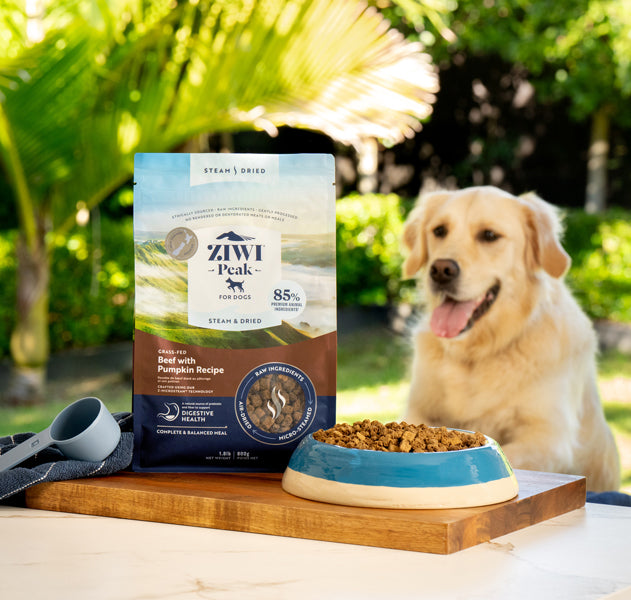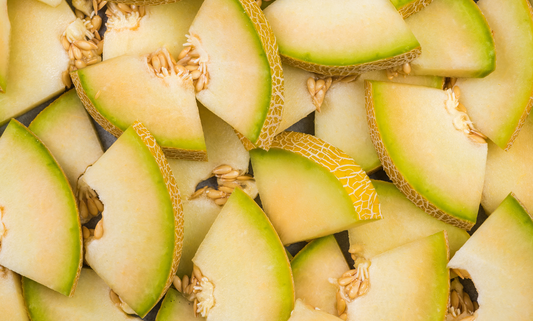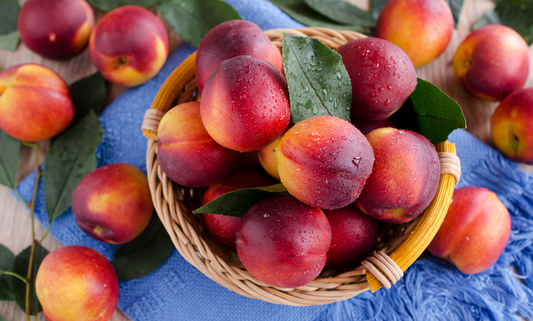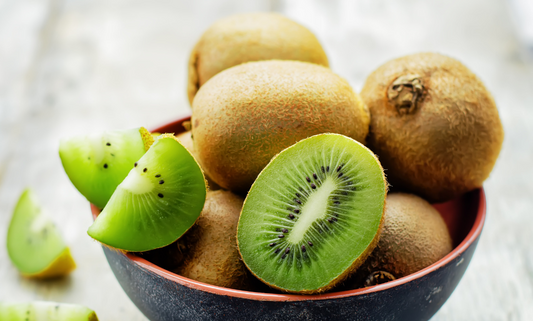If your cat is suffering from bloating, diarrhea or vomiting (and isn't on new medication, stressed, or gulping their food down too quickly), it could be time to take a closer look at their diet.
Did you know your cat is a ‘true carnivore’?
Cats have unique needs when it comes to nutrition.
Did you know that cats aren't equipped to digest plants and vegetables?
Did you also know that in the wild, cats get 70-75% of their daily water intake from their prey?
Raw meat provides the moisture cats need to support their digestive tract. If you’re feeding your cat a sole diet of dry foods (which are typically 5-10% water) and no meat, there’s a good chance they’re dehydrated. This can lead to other health issues including itchy skin, yeast infections, allergies, obesity and IBD/IBS.
IBS and IBD - what’s the difference?
IBS causes uncomfortable symptoms such as abdominal pain, bloating, diarrhea, nausea and vomiting. If left untreated, IBS can develop into IBD, which is chronic inflammation of the stomach or intestines.
IBD is also the number one cause of gastrointestinal (GI) issues in cats, which affect your cat’s ability to absorb nutrients from their food.
While there’s no single cause of IBD, sensitivity to additives such as artificial colors, flavors and preservatives often plays a major role.

What can you do for a cat with an upset stomach
Cats are usually quite private when it comes to bathroom matters, but if you notice any signs such as vomiting, bloating or diarrhea, we suggest you:
- Take them to your trusted vet for a checkup
- Remove your cat from a diet containing filler products
- Replace their processed diet with one that’s moist, high in animal protein, and low in carbohydrates
- Make sure your cat has access to clean, fresh drinking water at all times.
What to feed a cat with an upset stomach
Any ZIWI Peak® air-dried or canned recipe mirrors the whole prey diet of meat, organs, bone, and seafood. It gives your pet all the benefits of a raw diet with the safety and convenience of a dry one. Our canned food also contains up to 78% moisture, so you can be confident your cat is getting adequate hydration.
Sources:
https://www.thenaturalvets.com.au/library/diet/feline-raw-diet-snapshot/
https://www.cambridge.org/core/journals/proceedings-of-the-nutrition-soc...
https://healthypets.mercola.com/sites/healthypets/archive/2017/10/17/ibs...









